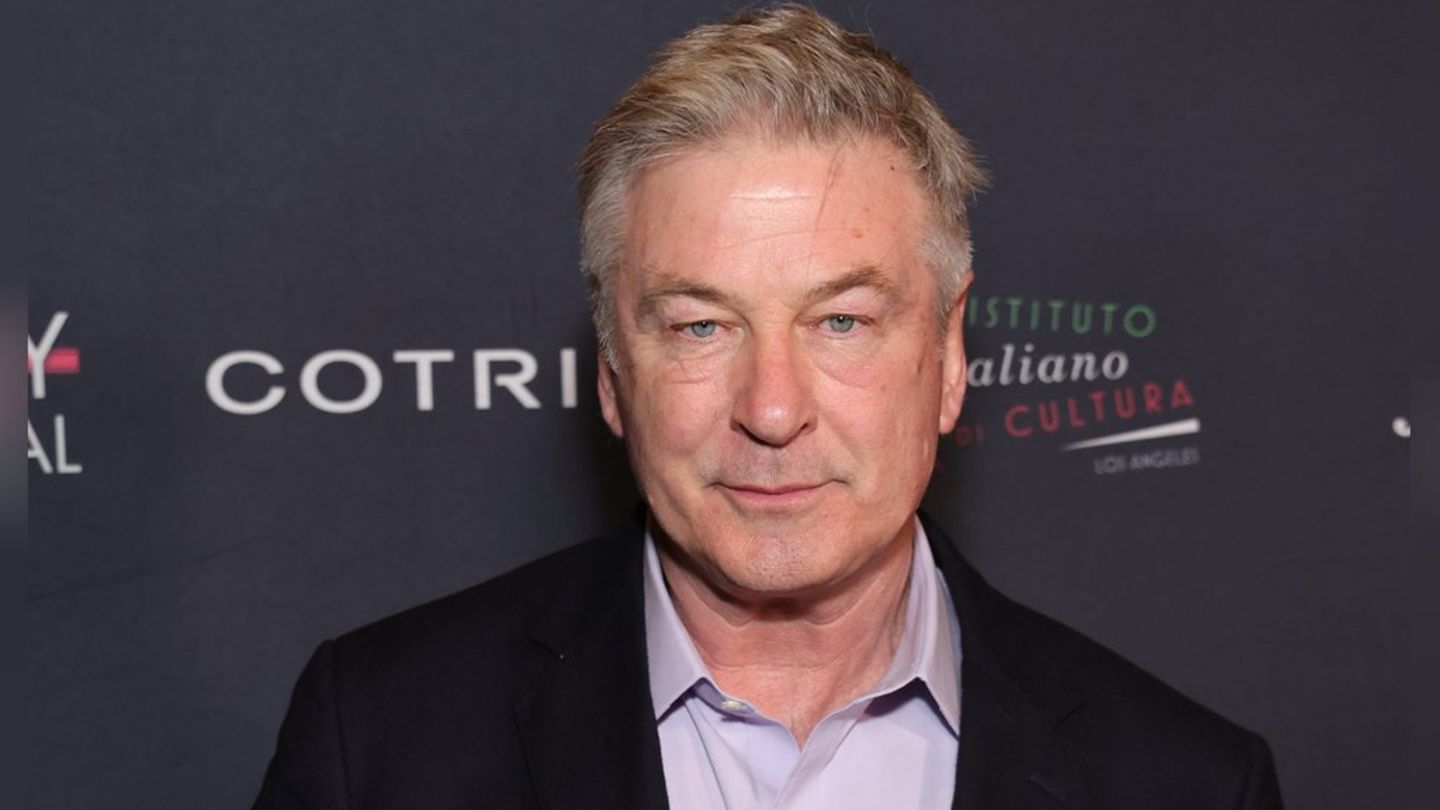I am an author and journalist who has worked in the entertainment industry for over a decade. I currently work as a news editor at a major news website, and my focus is on covering the latest trends in entertainment. I also write occasional pieces for other outlets, and have authored two books about the entertainment industry.
Menu
David Lynch: He was the master of the surreal
Categories
Most Read
Zico Banach: Reality star drugged and robbed
October 13, 2025
No Comments
Prince Harry harassed by stalker: Royal continues to fight for his police protection
October 13, 2025
No Comments
Woody Allen said goodbye to Diane Keaton: “Her face and her laugh illuminated any space”
October 13, 2025
No Comments
Among the most watched series on Netflix: the 9-episode Spanish comedy-drama that leads the ranking
October 13, 2025
No Comments
Halloween costumes for adults: These outfits will be popular in 2025
October 13, 2025
No Comments
Latest Posts

Alec Baldwin: Actor involved in car accident
October 14, 2025
No Comments
Lisa HarrisI am an author and journalist who has worked in the entertainment industry for over a decade. I currently work as a news editor

World Cup qualification: Lucky Woltemade: Pat on the back for a shoulder goal
October 14, 2025
No Comments
PierceI am Pierce Boyd, a driven and ambitious professional working in the news industry. I have been writing for 24 Hours Worlds for over five

National soccer team: Goalkeeping debate annoys Nagelsmann: “Not productive”
October 14, 2025
No Comments
PierceI am Pierce Boyd, a driven and ambitious professional working in the news industry. I have been writing for 24 Hours Worlds for over five
24 Hours Worlds is a comprehensive source of instant world current affairs, offering up-to-the-minute coverage of breaking news and events from around the globe. With a team of experienced journalists and experts on hand 24/7.

